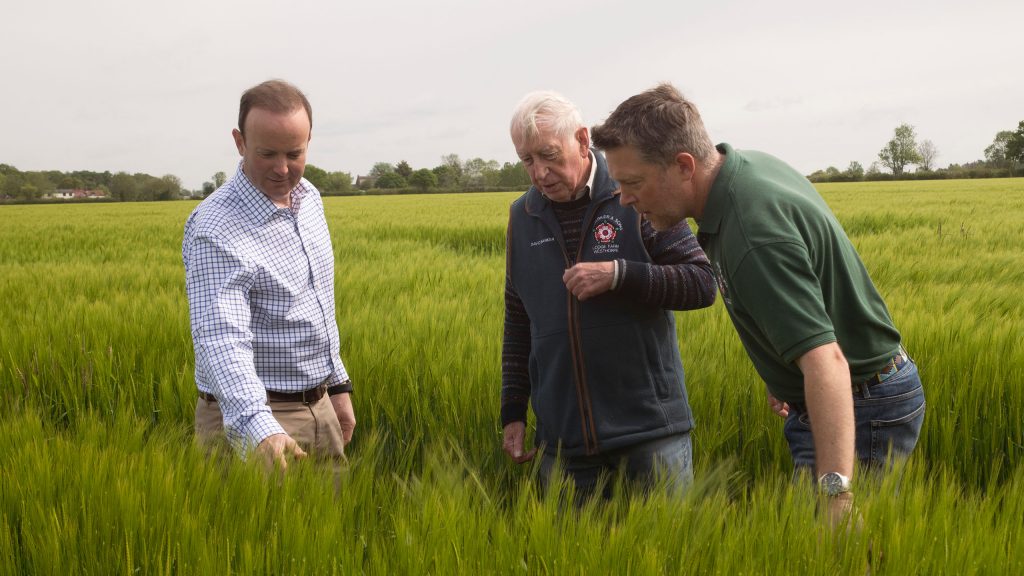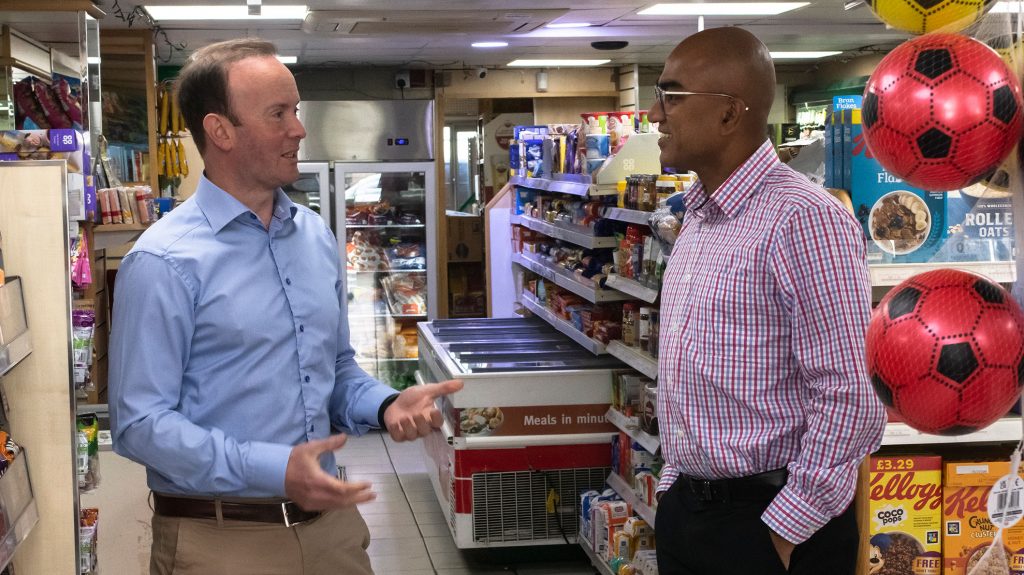I grew up in a farming family and my grandfather would agree, were he still with us, when I say supermarkets should never be without food that can be produced by farmers here in the UK. But agriculture in our country needs greater support. First caused by the covid pandemic, then by the war in Ukraine, the cost of energy, animal feed, fertilisers and equipment have been driven to an historic high.
The East of England grows more than a quarter of England’s wheat and barley, nearly a third of all potatoes and well over half of the country’s sugar beet crop. We must support this vital sector.
As a region, East Anglia is classified as ‘seriously water stressed’ and unless urgent action is taken the region will face severe water shortages. The risk this poses to agriculture is more acute here than elsewhere – across the UK, on average, the agricultural sector uses 1% of water supplies but in East Anglia that sits at 16%. Already, in parts of Waveney Valley, there is a moratorium on new commercial water connections – meaning new businesses either cannot open or operate due to water shortages or must establish private water supplies. This will become more commonplace across the country unless we ensure the correct infrastructure is in place to support farming.
The agricultural and food and drink sectors deserve guarantees over this water supply and we must, at pace, bring forward plans for new pipelines, reservoirs and water recycling facilities. Alongside this, the sector must be incentivised to continue to innovate around water use and rewarded where it does.
British farmers and food producers are the finest in the world and the sector must be prioritised in all future trade deals, the establishment of the Trade and Agriculture Commission, the Food and Drink Export Council and placement at overseas embassies of agricultural attachés is a start but we must go further. We also need to further recognise the challenge of labour shortages and continually monitor and review the number of visas available through the Seasonal Agricultural Worker Scheme. In the first half of 2022 alone, £60m in fruit and vegetables were wasted due to workforce shortages. We must, of course, also encourage a homegrown workforce. There are too many people out of work in the UK who could be working but the agricultural sector must not be left in limbo and government must act with speed and flexibility to adjust the number of visas available each year while we re-establish a domestic workforce. Faced with the twin threats of a changing climate and energy and water scarcity, now is the time to double down on our support for farming.





